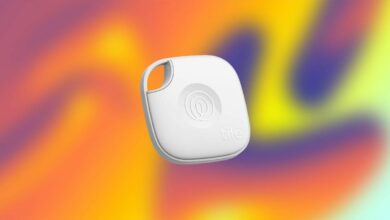Egg recall linked to salmonella outbreak, CDC says: Here’s what you need to know



Recently recalled eggs are linked to a Salmonella outbreak that has led to at least 65 illnesses and 24 hospitalizations in nine states, a Food Safety Warning posted by the US Centers for Disease Control and Prevention on Friday.
CDC data shows that eggs from Milo’s Poultry Farms, LLC, an organic farm in Wisconsin, have been contaminated with Salmonella, the CDC said. Milo’s Poultry Farms on Friday recalled all eggs branded as Milo’s Poultry Farms or Tony’s Fresh Market due to possible Salmonella contamination. The recall was posted on the U.S. Food and Drug Administration’s website along with product information photos of the egg cartons.

A recalled egg carton.
People who purchased the recalled eggs, including all expiration dates, should not consume them. If you have questions, you can contact Milo’s Poultry Farms at 715-758-6709, according to the recall announcement.
Most of the people who have become ill during this outbreak live in Wisconsin, according to the FDA. But other states with cases include California, Colorado, Iowa, Illinois, Michigan, Minnesota, Utah and Virginia. No deaths have been reported.
The eggs were distributed in Wisconsin, Michigan and Illinois through retail and foodservice distributors, the recall said. Milo’s Poultry Farms has stopped production and distribution. It will “undergo appropriate testing and disinfection of farms and processing equipment,” the company said in the recall.

Another example of recalled egg cartons sold under the brand names Milo’s Poultry Farms and Tony’s Fresh Market.
In many people, Salmonella infections cause unpleasant symptoms of food poisoning such as diarrhea, stomach cramps and fever, but most will recover at home without needing medical treatment. Some people are at higher risk of serious illness or hospitalisation, but also of very young children, the elderly, pregnant women and people with a weakened immune system.
Symptoms usually begin within 6 hours and last up to six days after eating contaminated food, according to the CDC. If you have diarrhea and a fever higher than 102 degrees Fahrenheit, diarrhea lasts more than three days, have blood in your stool, can’t keep fluids down or show signs of dehydration, you should call your doctor, the agency says.




